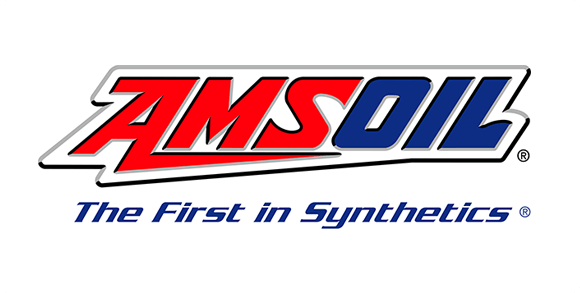
26 Mar NOACK Volatility Test is a Critical Measurement of Motor Oil Quality
AMSOIL was the first motor oil company in North America to use the NOACK volatility test to measure motor oil quality and performance. Although competing motor oil companies initially paid no attention to NOACK results, the test has since become a critical measurement tool throughout the industry.
Originally developed and used in Europe, the NOACK volatility test determines how much weight an oil loses through volatilization. The more motor oil vaporizes, the thicker and heavier it becomes, contributing to poor circulation, reduced fuel economy and increased oil consumption, wear and emissions. During the test, the subject oil is heated to 150°C for a specified period, causing the lighter oil molecules to boil off. The results are reported in the percentage, by weight, of the oil that evaporates. The lower the number, the better the oil resists volatilization (see chart)
Conventional motor oils are made from impure, irregular molecules; these motor oils are more susceptible to the effects of heat. The small, light molecules in conventional oil tend to evaporate (volatilize) as the oil is heated, leaving large, heavy molecules behind and leading to oil consumption and an increase in the oil’s viscosity. Put simply, the less viscous the fluid is, the greater its ease of movement (fluidity).The more viscous a fluid the greater its resistance. If those large, heavy molecules are chemically unstable, they may also break down and form deposits (sludge) on component surfaces, further inhibiting the release of heat into the oil stream.
Because their formulations minimize the quantity of impure, irregular molecules, synthetic motor oils are generally more resistant to volatilization, allowing them to perform better than conventional oils in the NOACK volatility test. However, due to varying qualities of base stocks and additives, not all synthetic motor oils perform the same in the NOACK test.
Modern engine designs generate more heat than ever, accentuating the importance of the NOACK volatility test for determining an oil’s ability to provide an adequate level of protection and performance. More horsepower, turbo chargers and aerodynamic styling have created extremely hot environments that receive less cooling from outside air, and high heat leads to oil oxidation, deposits and thickening in conventional oils.
AMSOIL synthetic lubricants contain only uniform molecules; they are much more resistant to thermal and oxidative breakdown. AMSOIL synthetic motor oils help keep components free of damaging varnish, deposits and sludge.
To qualify for the current API SM motor oil specification, gasoline motor oils cannot experience a weight loss of more than 15 percent in the NOACK test. AMSOIL synthetic motor oils were exceeding modern requirements over 20 years ago, while many current motor oils still have a hard time meeting this minimal requirement, increasing wear, fuel consumption and emissions.
As seen in the graph below, AMSOIL 10W-30 Synthetic Motor Oil (ATM) easily falls below the maximum 15 percent volatilization rate dictated by the API SM motor oil specification.

